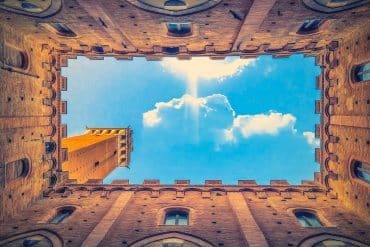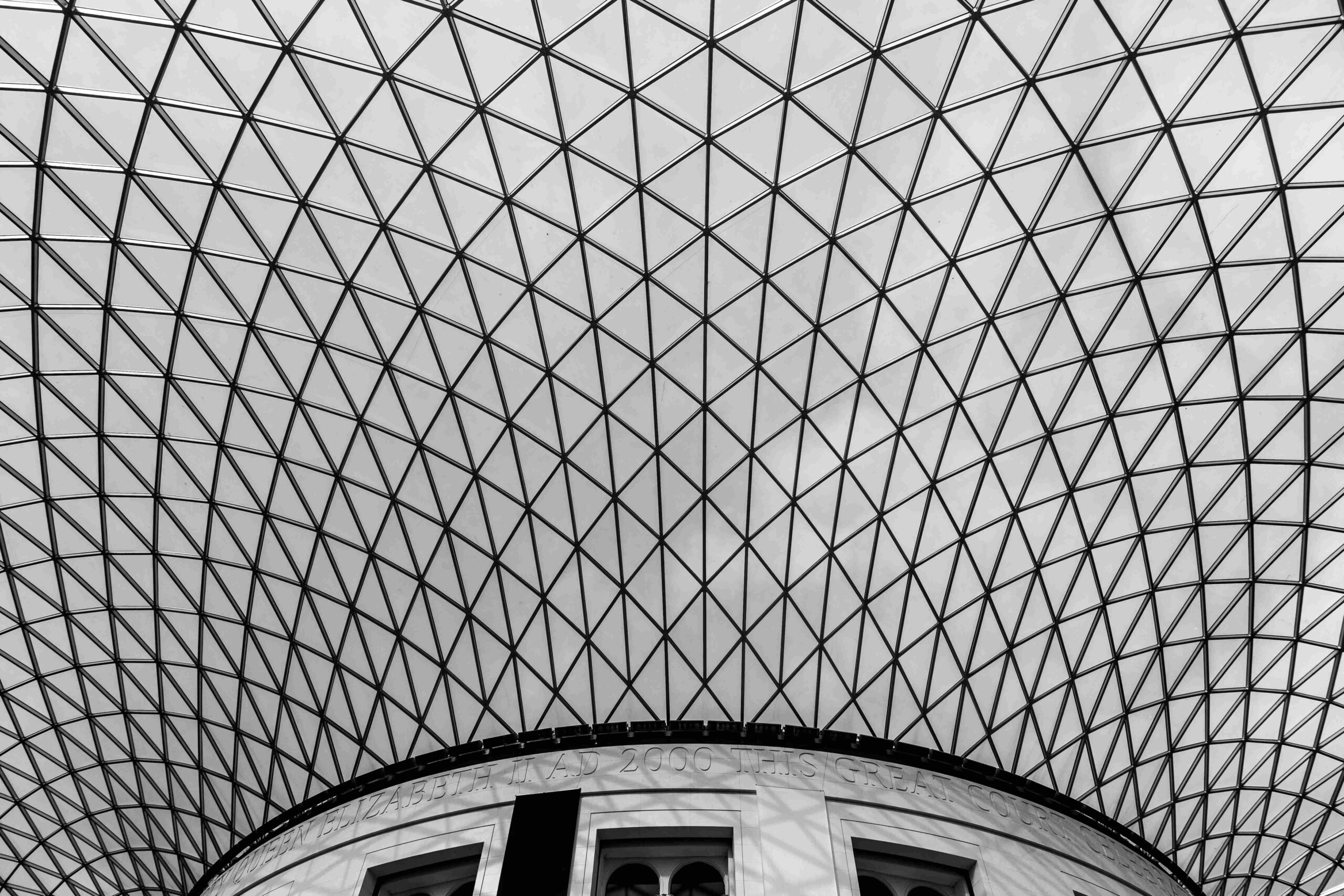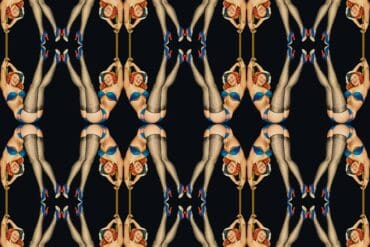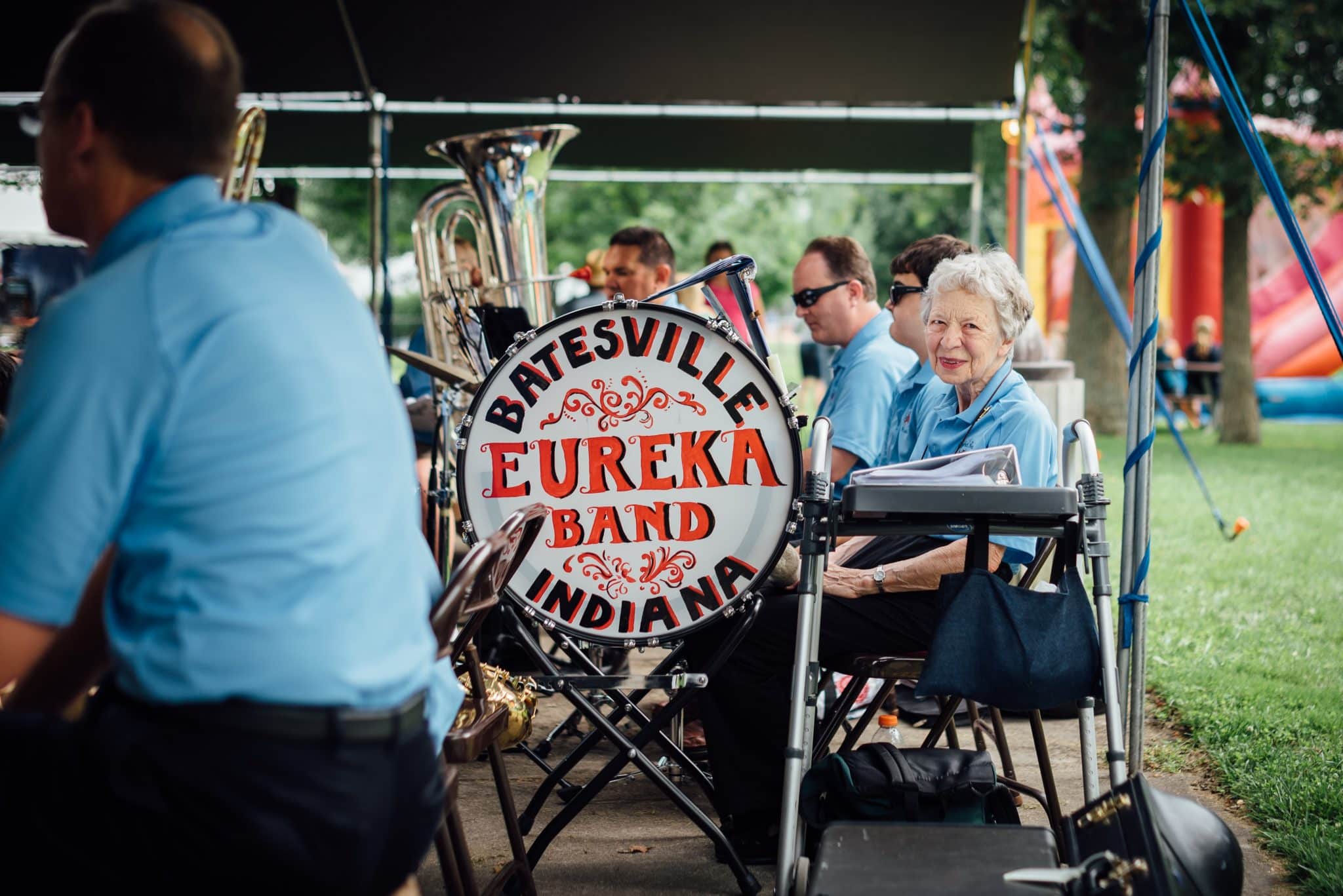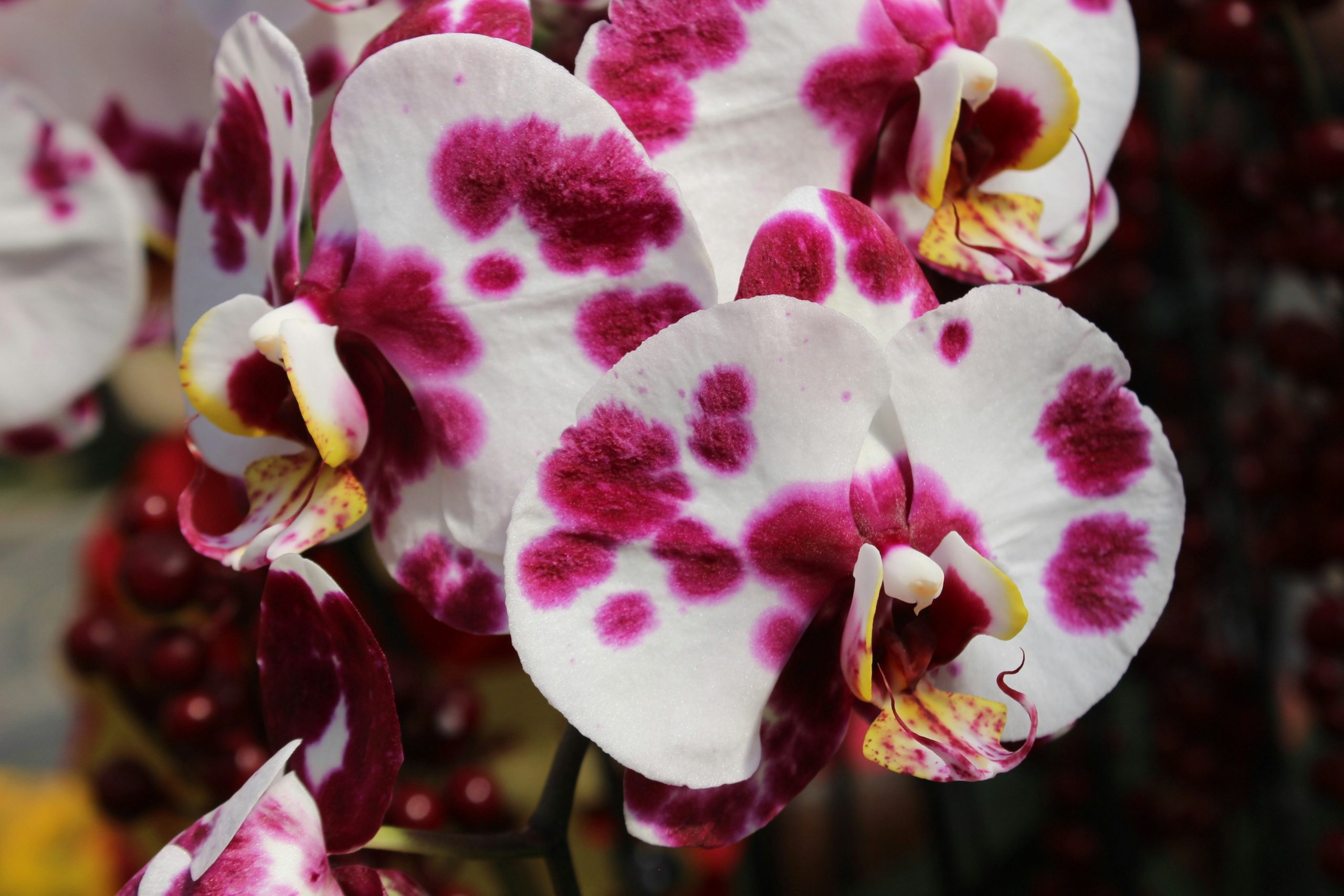The Taste of Songbirds: Poems of Love and Memory
Author’s Memo
This work illustrates the very personal process of a Chinese-born immigrant to the U.S. and a U.S. born citizen learning about each other’s cultures over the course of a 27 year marriage. With my husband’s passing this year I am realizing now just HOW CHINESE I became from our long involvement, and that I no longer feel like a “mainstream” American in any way. At the same time, I sense having gained a certain empowerment from access to the perspective that the East has on the West, as well as what the East has that is all its own.
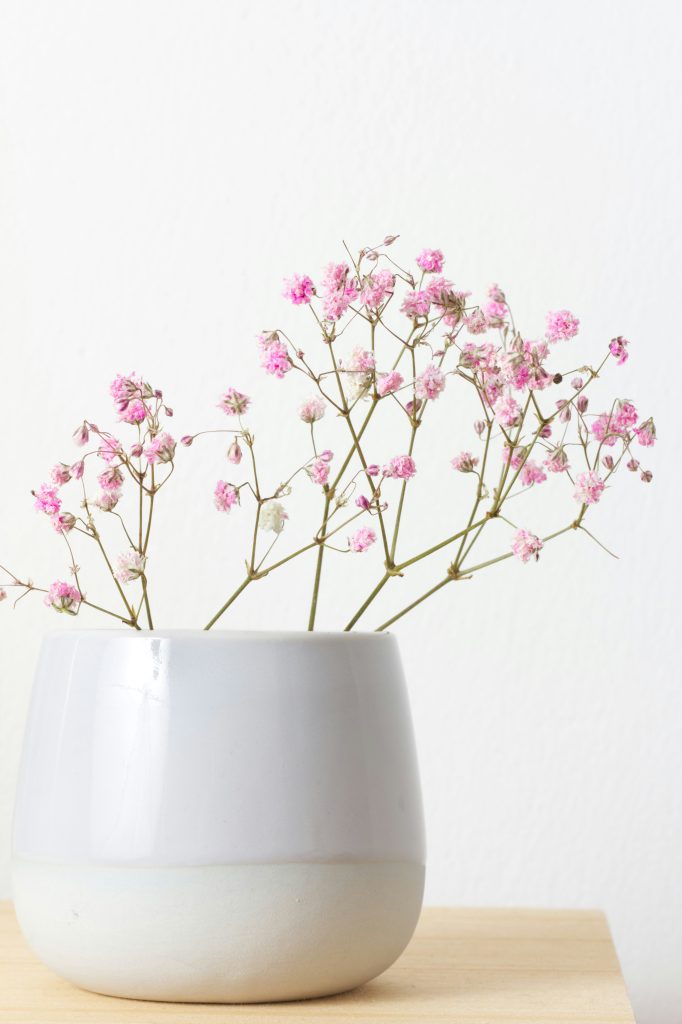
The Momentum Ball for Guan-Cheng Sun
This is not soccer culture, I tell him.
This is football culture.
The object of football is to knock down
everyone so that maybe one person
can run down the field.
His eyes opened wider.
In football everyone pigpiles
on top of the one they think most likely
to try and go somewhere,
so why is it that you think
anyone likes your visionary world-view and ambitions?
What kinds of sports do they play
in the country you came from?
Ping pong?
That’s what we’re playing at home.
When you walk out the door,
it’s football every step of the way.
I’m not faulting you,
I’m just running interference for you,
doing my daily job of imagining
you emerging without injury
from beneath the pile of half-backs
and full-backs, from the howling
fans wild with enthusiasm
that you have run into a hole
that led into a corridor and then a field,
or else just gained another yard
and walked out of the building that had formed
to keep you shut.
I can’t stand back and be a spectator either.
I throw myself into the fray, into
the massive wave of bodies that come
spilling around you with grass stains
on their knees and elbows,
as we wait for the referees to declare
some sort of order over the developing mania
of every play, and hope that we
will not be penalized or defrauded
of hard-won gains, while players
go limping off the field
and referees make calls in
stentorian voices.
The clock winds down the quarter
and starts up again the next.
And everyone’s running
and everyone’s stopping everyone from running.
Everyone keeps quickly moving
with all eyes following
the momentum ball. Shaped like
a pointy Chinese cabbage, it flies
through the air and lands firmly
in your palm on the little field of this new culture—
as you learn your English
and keep holding on, and passing it off.
It doesn’t matter how much or how often
people are tackling or people are throwing,
because the field on which we’re running
is an object of praise.
It rises on its own flowing,
rises like the wind that has leapt through
battles, and blows roaring. It leans
and climbs in a fury of chasing
and then arriving in postures of declaration.
The cause of the ball is perpetual.
The bodies slide off, and light reflects:
upland ahead; quicksand behind; flash
floods breaking on either side–
as you veer, you turn, you charge. You charge!
The Taste of Songbirds for Guan-Cheng Sun
In a tiny cottage tucked amongst bamboo,
was a desk that took up most of it,
and a window full of the sound
of breezes ruffling bamboo,
or the sound of raindrops
falling slowly through bamboo:
bamboo rustling in the wind,
and bamboo music in the rain.
*
He recognized the picture on the wall.
He’d grown up with it in his childhood home:
a picture of a girl on the back of a fish.
And my old life sifted through the familiar streets
and stood back long enough
for the world to pivot
on the tiny hinge of happenstance,
as we climbed the ladder
to the sleeping platform
under the roof, by the chimney stack.
*
Because this will be a second marriage for each of us
we go about it, awkwardly at first,
both of us like lizards who must grow new tails.
*
English is not his first language—
nor is it his second.
Even after many years
his English will not be perfect,
though it will have benefited
from the threads of many poems,
which I will have simplified
to their most elemental forms.
*
Stray cat’s already been here five years.
For some reason living with him
continually reminds me of the first time
I ever lived alone. My windows
looked into a huge treetop,
and inside my little apartment
I felt as if I were living in that tree
or on it, watching the sky turn colors
all around it—actually it wasn’t like
living alone at all.
*
An orphan now, he tells me
about his childhood, his parents.
They were the first in the village
to own a bicycle—a Golden Deer.
And their next bike was a Flying Phoenix!
He tells me about my mother-in-law,
how she unbound her feet
from their stinking cloths
and after a while her feet
flattened out like paddles
wheeling across the earth.
Somewhere inside him is a small boy
who carries stones and a slingshot.
He is hungry and there is no food.
Now he has forgotten about the taste of songbirds
but remembers the hunger
and keeps filling the cook pot.
*
Also inside him–Tai Mountain,
from reciting its poems,
from climbing its staircases,
from living at its feet.
Once, thieves were waiting
on the mountain path
when he came along.
Putting up a good fight
he wrested the knives
from their hands.
A silver scar on his hand flashes in the sunlight.
He took their money from them,
peed on their beaten bodies
and lived well for many years.
*
I play rock’ n roll for him on the radio,
but he doesn’t understand the noise.
He practices calligraphy.
We constantly weave
something more than half a world,
unruffled explorers, rolling around inside
a great circle.
*
The day of our wedding
I wore a red robe and stood
by a statue in the garden
and he took a picture
and put the picture on his desk.
The day was cold
and I was white as frost
in the vivid robe,
with all that commitment
inside me, spilling
into the camera.
It didn’t matter
what happened next,
or if nothing happened.
I was prepared for anything—
for going back
into the warm house,
or standing in the frost
like a statue.
*
I would become a stone
for him, or a wall, an earthwork,
a lake, any part of the landscape
he needed most.
I would dive into the waters
of creation to save him if I had to.
*
We know now how to see in the dark
on behalf of another person.
That was when
we turned into a family.
*
We have worn out our precosity
and are settling in with what’s left—
sometimes just being in the same room together
was asking far too much.
But somehow we became
citizens of a protectorate
by means of a tenacity
that surprised the both of us—
and more than that—amazed us,
that two people could say
such grievous things
and be forgiven by each other,
do so much for each other
and not worry over thank-you’s.
The workings of this alchemy are hard to fathom,
but now the gold is coalescing.
*
We are orbiting each other now,
encircling the other,
transforming, turning and turning
like the ringing of cymbals,
circling and filling
like the ripening of peaches.
*
And so I build my nest with him,
and he places the sticks and feathers,
bits of spider web and lichen,
in a skillful mortar all around us,
and then we sing just for the sake of the walls.
He sings in his mother tongue–
songs about the moon, or peonies.
*
If he has been dreaming
of buckets of water—
all will be well.
If I have been dreaming
of beautiful carpets—
the design is underway.
*
Basketweave of days and nights
carry us into a few unhurried hours together.
I have so many things to report,
but suddenly fall silent.
He has so many plans,
but they seem to disappear.
East and West, right and left,
all the paired opposites, suddenly shift position.
There’s just this center
driving itself home.
*
When I met his Chinese friends
they went out of their way to speak English;
they served helping after helping
of effortlessly prepared dishes.
But they wondered why he couldn’t
get himself a Chinese girl,
someone who cooked the right food,
someone who spoke Mandarin.
After a while, they didn’t speak English, much,
and their cooking seemed less impressive.
After a while, we didn’t go.
A lull came over us, a lull that
entered the equation of our lives
and filled the parentheses
with a new calculus.
The Kitchen God stopped trifling with me
and gave me bright ideas.
Dried dates and fungus!
Soy sauce and chili oil.
Black beans and egg flower.
I didn’t need a cookbook.
The Kitchen God put it all
in my head.
He looked at me in surprise,
and cleaned his plate.
I started speaking Mandarin.
At first like a child, who has
a few coins they’ve been given
as an allowance. I spent them
quickly, advancing rapidly
to investor status, like someone
with a stake in the words
they were speaking.
*
When we started dating
and he met my Caucasian friends,
they kept waiting for him
to make an exit any moment,
any moment at all would do.
They didn’t understand
they were throwing eggs at a rock.
Then they didn’t like the egg on their faces.
They insisted that it wasn’t an issue of two races,
but two cultures. All they could do
was slip and slide down the slope
of this meeting we insisted on having—
they cracked and chipped
around their edges
and resented walking on their own
eggshells. I ignored their jibes
about small penises (repeatedly),
and the hilarity of pidgin English,
but eventually stopped ignoring it
when I realized that this love between us
was worth defending.
My old friends think I have betrayed them.
And perhaps I have.
*
It’s never lonely, on the crest
of the hill, just above a headstone
in the shape of an enormous
heart. We bring potted daffodils
to Bruce Lee’s grave,
but wait—until the martial arts
afficianados have seen
the scene through telephoto lenses,
have paid respects, and walked away—
until it’s only us, Caucasian woman,
Chinese man, assorted ghosts,
a little pot of cheerful yellow flowers.
I place the flowers on the polished marble
already full of other offerings—
and then the tears of understanding—
fall suddenly unrestrained,
from fifteen years of struggle,
and do not stop.
The man beside me stands there like
a mountain.
*
The Lunar New Year comes
and the hollows ring out with echoes.
Such a house-cleaning has taken place!
So much has been donated to charity,
and what remains has been put in order,
with all the dust dusted away,
and spaces left between things.
The spaces resist being occupied,
for they are things too,
and fill with honeycombs of air
turning this way and that,
admiring the view.
*
He sits beneath the thirty-year-old
dragon tree and closes his eyes
in the half-lit room, so tired
he’s already dreaming as we speak.
It’s late, but not too late
to keep the pattern going—it
keeps growing more blue,
more at home—does he remember,
now, our conversation?
Could he discern it from
the rain that scattered across the windows?
*
I found something in the Tang dynasty,
and also in the Song,
that was missing in the poems of this day.
And I was wooed away by tone,
by images, that were vervain to frayed nerves.
I strained the tea and drank it down—
all those rivers, moons, peonies, farewells,
and drafting of soldiers to the Great Wall.
All those long sad-sleeved, candle-lit
verses of missing a loved one so fiercely
the yearning lit the sky, telegraphing the feeling
for thousands of miles, hundreds of years.
In the hands of those masters, tea
being brewed, or snow that is falling,
is just now brewed, is just now falling—
a meticulous liveliness on the point of a brush,
and an alchemy of ink, the mixture held together
with soap and soot, which doesn’t wash off.
*
When we work on translation
our attention forms a bower around us.
Overhead on the arbor
a spreading vine of bottle gourds
forms whip-long tendrils
and small fruits in figure eights.
We bring ourselves to this meeting
alert and fresh, sensing
the fountain of the ancient mind
along its route into modernity.
We face each other with the joy
of holding jade in our hands
while the sun looks on from above
the roof of the black pine.
The tip of the poem begins to tilt
onto the page, in a splash
of characters and a chaos
of potential meanings, each a blossom
hanging in a mist of interpretations.
The true blossom appears
in front of our noses.
We fly like swallows
along an invisible trail of happiness.
Credits
Featured image by Yiju Cheng for Unsplash
Image by By Ktryna for Unsplash
Learn More
New to autoethnography? Visit What Is Autoethnography? How Can I Learn More? to learn about autoethnographic writing and expressive arts. Interested in contributing? Then, view our editorial board’s What Do Editors Look for When Reviewing Evocative Autoethnographic Work?. Accordingly, check out our Submissions page. View Our Team in order to learn about our editorial board. Please see our Work with Us page to learn about volunteering at The AutoEthnographer. Visit Scholarships to learn about our annual student scholarship competition
Jill Gonet’s poetry has been widely published in numerous literary journals, and has also been anthologized. In addition, she translates Chinese Taoist poetry, and has had three volumes published: Riding the Phoenix to Penglai (in 2014), Red Pellet, Golden Bones (in 2016), and Affinity with Immortals (in 2019).


